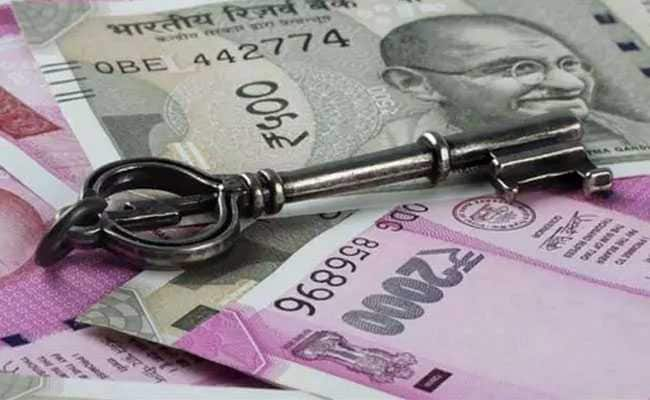
Many fund houses usually offer SWP in two options.
From the start of this financial year, dividend payouts from equity mutual funds have lost their tax-free status.
Till March 31, 2018, dividends distributed by equity-oriented mutual funds did not attract any dividend distribution tax.
According to new income tax rules, which came into effect from April 1, 2018, equity-oriented mutual funds will attract a dividend distribution tax of 10 per cent, which after surcharge and cess comes to around 11.65 per cent.
Financial planners say that systematic withdrawal plans (SWPs) form a better option compared with dividend plans now, for those who need regular income."Dividend payouts are not certain.
It depends on distributable surplus.
Hence as a regular income source, it is not a great idea," says Suresh Sadagopan, founder of financial advisory firm Ladder7.
"SWP is a better option as it ensures consistent income setup possibility and should be an option of choice for this purpose."Under an SWP or systematic withdrawal plan, the investor gets a specified amount as monthly payout.
On a designated date, units amounting to that amount are redeemed and paid to the investor.
In other words, under SWP, the mutual fund will redeem an equivalent amount of mutual fund units from your account based on the prevailing net asset value (NAV).Many fund houses usually offer SWP in two options: 'fixed withdrawal' and 'appreciation withdrawal'.
Under the fixed withdrawal option, the investor specifies the amount he/she wishes to withdraw from the fund on a monthly or quarterly basis.
In appreciation withdrawal, the investor can withdraw the appreciated amount on a monthly or quarterly basis.When you redeem from your equity-oriented fund through SWP, units first bought are assumed to be redeemed first.
If you withdraw investments in equity mutual funds after 12 months, your investments would qualify for long-term capital gains tax.
It is to be noted that from April 1, withdrawals from equity funds will attract long-term capital gains tax at 10 per cent.
But the new long-term capital gains tax remains exempt if gains do not exceed Rs 1 lakh.If you sell your equity mutual fund investments before 12 months, you will have to pay a short-term capital gains tax at a flat rate of 15 per cent.According to Mr Sadagopan, ELSS or equity-linked saving scheme investors "should also ideally choose the growth option as this is treated as a medium to long-term investment option.
Growth option works well here as the power of compounding can work its magic over time."

 10
10






